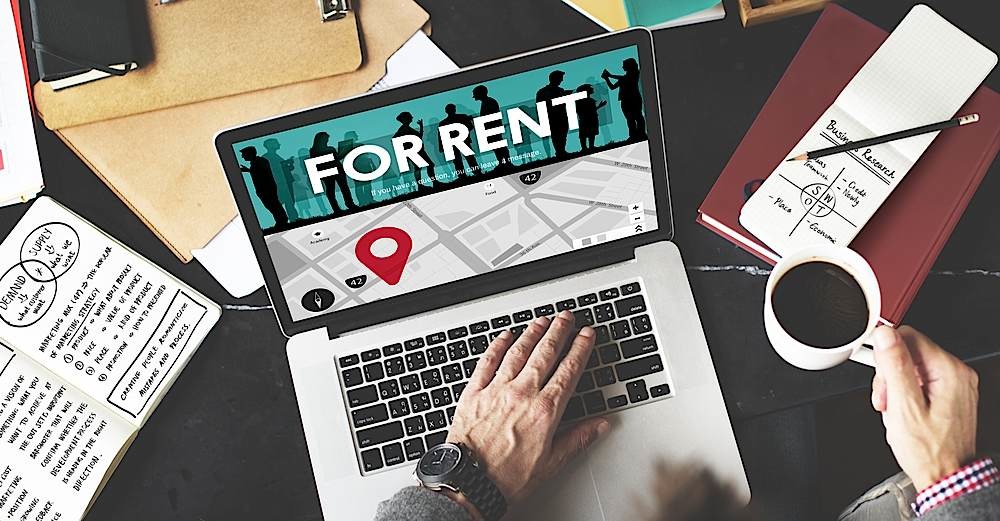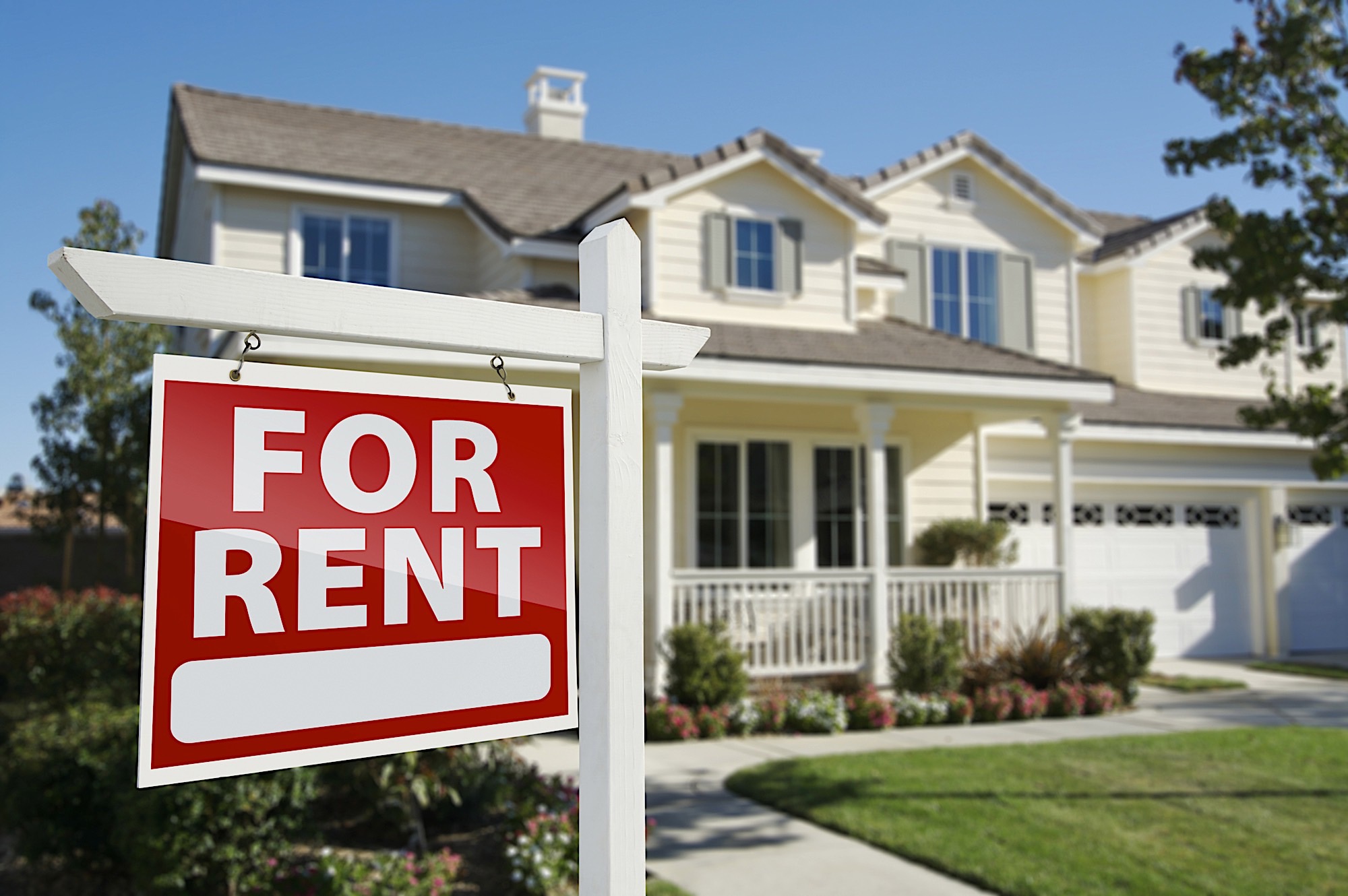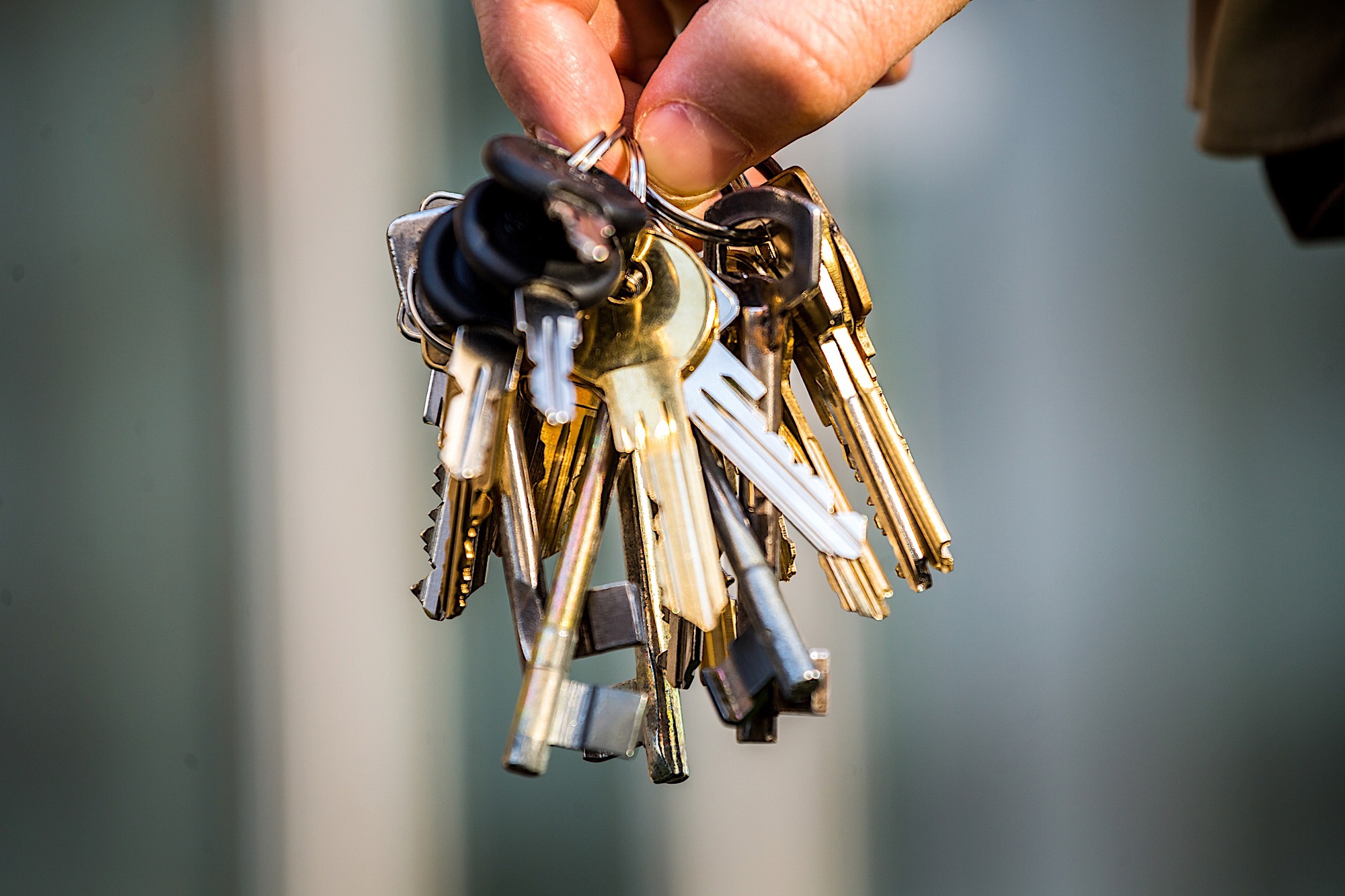There are many investors who are on the fence when it comes to buy and hold real estate. For every five investors who recognize the upside that rental property provides there are a few that focus on the negatives. Between dealing with tenants, handling maintenance issues and protecting your property being a landlord certainly has its share of potential problems. However on the flip side a good rental property in the right location can provide short term income as well as long term appreciation. Building a portfolio requires the assistance of a strong team around you. Additionally there are a few items you should have in place on your end before you start your rental property search. If you have thought about buying a rental property here are a few key items you need to have in place.
- Financing. The first step in any purchase is finding financing. The financing for a rental property is different than an owner occupied property. For starters the down payment requirement is much greater. Depending on the number of units you will need anywhere between 20-30% down payment. The greater number of units the higher the down payment. There are also higher credit score requirements for investment properties. Typically the credit score needs to be at least over 700 with a 720 the minimum with some lenders. It is also not enough to have the funds available to close. They need to be in your bank account for at least 60 days. Any large deposits and withdrawals must be verified and accounted for. While long term interest rates are appealing the first step is securing financing.
- Management. Before you make the commitment to buy a rental property you need to know how you plan on managing it. Regardless if you are looking at your first single family rental or have an existing portfolio property management is the key to success. With management there are a few ways to go about it. The first is to manage the property yourself. The positive is that you can save roughly 10% of the rental fee every month. This can add up to a large sum of money over the course of the year. The downside is that you need to be on call at all times. You will be the one that has to deal with maintenance issues, complaints and coordinating repairs. The alternative to self-managing is to hire a dedicated property manager. They will allow you to focus on other areas of the business. You will still have to pay for maintenance but they will make the phone calls and get the work done. There are pros and cons with both methods but you whatever you decide you need strong property management.
- Attorney. You can do everything right on your transaction but if you don’t close it won’t make a difference. A good attorney can often times single handedly save your deal. They are the last line of defense between the seller and their attorney. They are the one that will smooth out any issues and protect you at all times. Your attorney is too important not to spend time finding the right one. You want to choose a good local attorney that practices real estate. They should also have a dedicated paralegal who is easy to reach and responds right away. Another key function your attorney serves is to prepare or review the lease. Your lease is the document that protects you and the property once you find a tenant. A poor lease with generic language opens the door to litigation and lawsuit. A good attorney will point out any holes your lease may have and offer ways to fix them.
- Insurance Agent. Besides your lease the only other document you have to protect yourself is your homeowner’s policy. In the same way as your lease you should spend the extra time, and money, to get the coverage that serves the property best. You may be able to save some money on the premium or the coverage but this can end up backfiring. Pinching pennies monthly can cost you thousands if there is tenant injury or damage to the property. If you plan on buying multiple properties your insurance agent can find the best policy for the individual property. This can not only save you time but can give you the peace of mind in knowing that you are protected for whatever comes your way.
- Maintenance. If you plan on doing any of the property management on your own you need to be proactive in finding help. Start by reaching out to a general handy-person. This should be someone that can handle the minor items from clogged toilets to changing the locks. You also need to find people that can handle the landscaping and snow removal. At almost every point in the year one or the other will need to get done. By waiting to the last minute to find a snow removal company you can end up costing yourself hundreds more over the course of the season. You should also find someone to remove the leaves in the gutter, perform checks on the furnace and update the HVAC. The better prepared you are the easier it is to own rental property.
The landlords that typically run into trouble are those that do not have a plan before they start. Get your team in place prior to starting your rental property search.







